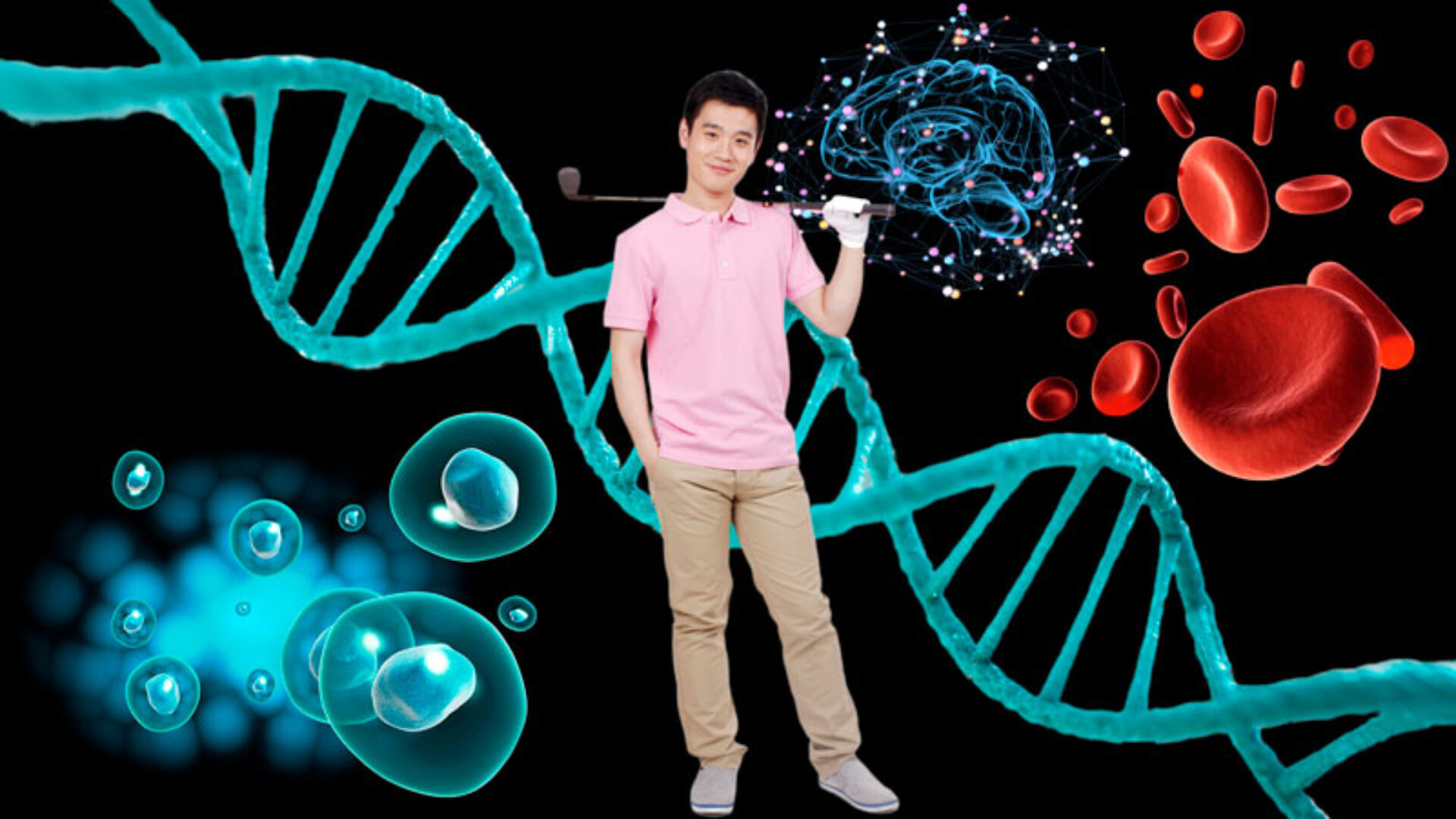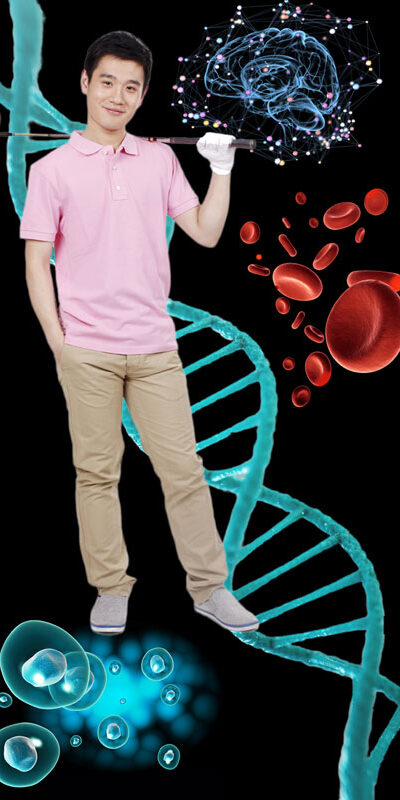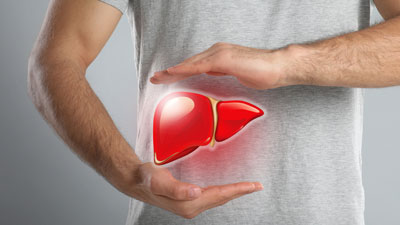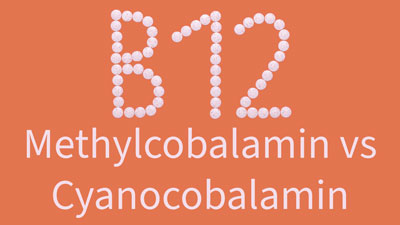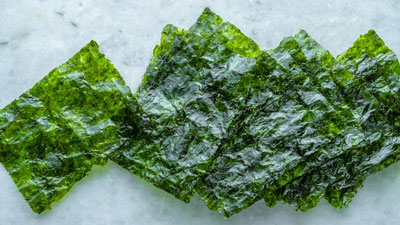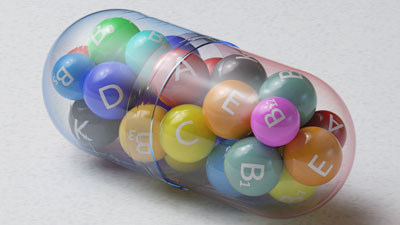
The number one nutrient anyone following a plant-based diet should pay special attention to is vitamin B12. Why? Because we can’t get proper amounts of vitamin B12 through whole-foods, plant-based sources. Therefore, the only way to ensure we’re getting what we need is by consciously eating fortified foods or by taking a supplement regularly.
Vitamin B12 is important for the production of our DNA and our red blood cells. We also need it for our metabolism (converting nutrients into energy) and it is essential for our brain and for the production of various brain chemicals, including serotonin. Plus, it is key in helping us maintain normal homocysteine levels, an amino acid that in excess increases the risk of stroke, Alzheimer’s disease, cardiovascular disease, and muscle strength loss. So, this vitamin is also very important for our heart and our muscles.
While animal-based products do contain vitamin B12, animals do not actually make vitamin B12. This nutrient is made by bacteria! In the past, we would’ve gotten our B12 supply by drinking water with this bacteria or even through plants. However, things are sanitized today to avoid harmful pathogens, thus eliminating our natural, animal-free supply of B12. As with other nutrients, when choosing a source we should also consider the full package. Animal-based products lead to heart and circulatory issues, brain health issues, diabetes type 2, cancer, inflammation, and more. For this reason, we do not recommend getting your vitamin B12 from animal-based foods.
Vitamin B12 Absorption
In order to absorb vitamin B12 we need a stomach protein named intrinsic factor. We typically absorb 56% of 1 mcg of B12. The higher the amount we take, the lower the absorption percentage is, due to the availability of intrinsic factor in our bodies at the time of ingestion. If we take a 500 mcg supplement, for example, we only absorb about 10 mcg. This explains why supplements have such high amounts of vitamin B12 when the Daily Value is only 2.4 mcg.
The time when we take the supplements also affects our absorption rate. We have more intrinsic factor on an empty stomach than after we eat. This is why the recommendation is to take our B12 supplement first thing in the morning. If you are getting your vitamin B12 through fortified foods, you should ingest them twice a day to allow your body to build more intrinsic factor between meals, since we can only absorb about 50% of the vitamin B12 content at a time.
We don’t need to ingest vitamin B12 every day. Our liver can store about 50% of the total B12 we absorb. Therefore, you may choose to take a supplement once or twice a week instead of taking a supplement or consuming fortified foods every day. See calculator below for recommendations based on your age, sex and on whether you are pregnant or breastfeeding.
Top Sources For Plant-Based Diets
Unfortunately, there are no bio-available whole-food, plant-based sources of vitamin B12. Since this nutrient comes from bacteria, and our water system is now sanitized to avoid harmful pathogens, those of us following a plant-based diet can only get it through fortified foods or supplements.
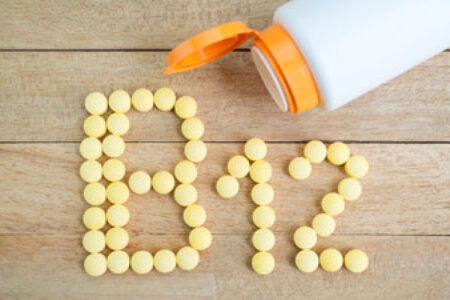
Vitamin B12 Supplements
See calculator below for dosage amount and frequency.
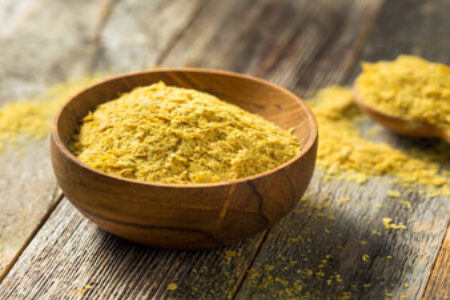
Fortified Nutritional Yeast
2 Tbs may have 2.4 mcg, but only about 50% is absorbed.
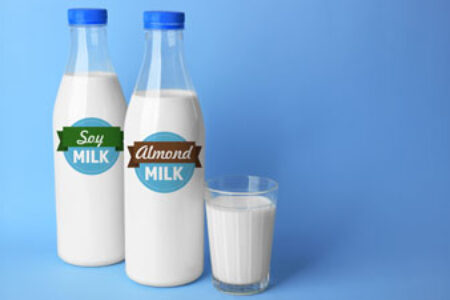
Fortified Plant-Based Milk
1 cup could have 2.1 mcg but only about 50% is absorbed.

Fortified Cereal
1 serving may have 2.4 mcg but only about 50% is absorbed.
Vitamin B12 Personalized Calculator
See how much vitamin B12 you and your family members need, according to the Dietary Guidelines for Americans, 2020-2025.
Terminology:
- Daily Value (DV): The recommended amount of nutrients to consume each day for individuals who are 4 years old or older.
- Recommended Daily Allowance (RDA): The recommended amount of nutrients to consume each day according to the individual’s age, gender, and whether a woman is pregnant or breastfeeding.
- Upper Intake Level (UL): The highest amount of nutrient intake that will not pose adverse health effects on most individuals.
* The amounts provided by source and frequency are based on the recommendations by Shah, R. and Davis, B. (2020). Nourish: The Definitive Plant-Based Nutrition Guide for Families. Table 5.1. Health Communications, Inc. ALWAYS CONSULT YOUR DOCTOR BEFORE CHOOSING THE RIGHT SOURCE AND FREQUENCY FOR YOU AND THOSE UNDER YOUR CARE.
How Our Body Uses Vitamin B12
Hover over each pointer below for more details on how our body uses vitamin B12. Click on the pointer to visit the specific body part’s interactive page to discover what other nutrients support it, the best sources to find them, and other interesting facts.
Important Things to Know
Comparison of Vitamin B12 Sources
Below we make a quick and simple comparison between the three choices we have when it comes to vitamin B12.

